What Is This Book About?
We live much of our lives online. We follow friends on Facebook, browse news on the New York Times, share files on Dropbox, plan vacations on TripAdvisor, send messages on WhatsApp, set up dates on Match.com, shop on Amazon, watch videos on YouTube, and search for information on Google. The Internet has transformed our lives; we now have a world of information at our fingertips that we can use to make better judgments and decisions.
But is it possible that the Internet has also made life more difficult for us? Could it be that having easy access to information is a curse rather than a blessing? We will see in this book that the Internet hurts us in five important ways, which I call the five costs of living online: too much temptation, too much information, too much customization, too many comparisons, and too little privacy. Each of the five chapters describes a cost, explains its psychological origins, and suggests ways to minimize the cost. By the end of this book, you will understand why the Internet is not just a force for good but also a cause for concern. You will see how our judgments and decisions are biased when we go online, and what we can do to reduce these biases in our own lives. To take a few examples, youll learn why:
surfing the Internet anonymously can encourage bad behavior
using search engines to find information can hinder our ability to learn
using social media can make us unhappy and envious
customizing products on the Internet can lead to overspending
doing online research can devalue the product we finally choose
Youll also learn about techniques for avoiding these dangers and becoming a smarter user of the Internet. For example, youll understand why:
deciding not to choose is as important as deciding what to choose
most of the time, we should aim for good enough rather than perfect choices
we should set up structural barriers to temptations on the Internet
we should set up systems that expose us to contrary opinions on the Internet
we should do cold rather than hot comparisons with others on social media
Why Did I Write This Book?
Before delving into the five costs of the Internet what they are and what we can do about them let me take a detour and tell you why I wrote this book, or really, why I felt compelled to write this book. My story begins in the city of Calcutta (now called Kolkata), India, where I grew up in the 1970s. This was a time before globalization and software, when India was a backwater in the world economy. There were power cuts in the evenings, and my earliest memories are doing homework by the light of a hurricane lamp. Clogged drains flooded the streets during monsoon rains, and cats, dogs, cows, people, and cars all went about their business in waist-deep water. We didnt have a television set at home, and even our neighbors who did could only watch a few black-and-white channels of propaganda from the Ministry of Information and Broadcasting. And like most people, we didnt have a telephone because there was a 20-year waiting list for a black rotary-dial phone. Dont get me wrong: life was good in ways only children appreciate, but most readers of this book have probably not experienced the economy of basic needs and primitive technology that I grew up with.
If someone had described the Internet to me when I was a child or even a teenager, it would have seemed like a science-fiction fantasy from the twenty-third century. Listening to every song ever recorded on demand? Looking up other travelers reviews, and booking international airline tickets on my own? Video calls with friends and family on the other side of the world using a computer in my pocket? It would have seemed laughable, and certainly not on the cards during my lifetime. But as I grew older, the economy in India liberalized. Mobile phones leapfrogged rotary-dial phones, Coke and Pepsi resumed their cola wars, and the local Ambassador car was replaced by Hondas, Toyotas, and Fords. But the biggest change was the Internet. First with dial-up connections and then broadband, I saw new worlds of commerce, entertainment, dating, travel, and knowledge open up that simply did not exist before. These worlds couldnt be farther from the one I grew up in, and I could explore them simply by tapping a few keys on a computer. Given where I came from, these changes were fascinating and I never took them for granted.
At around this time, in the early 1990s, I moved to the United States to pursue a doctorate in marketing at the University of Texas at Austin. Arriving at the Austin airport on a hot August evening, I found myself at the beginning of an Internet revolution. The university had excellent network infrastructure, and the dot-com boom was about to begin. I observed how the Internet was changing the way people worked and played. I saw how it was becoming a central part of our lives, helping us keep in touch with family and friends, shop for products and services, invest money, and find communities to belong to. The conventional wisdom at the time held that the Internet was the greatest thing since sliced bread, a magic potion that would make consumers happy and companies rich. There is truth to this, and it is important to remember that the Internet has indeed brought many benefits to society.
Benefits of the Internet
The most important benefit of the Internet is that it gives us more choices, as well as more information about these choices. Amazon offers a greater selection of books and music than any physical bookstore; Spotify offers many more stations than terrestrial radio; Netflix has more movies any physical video store; YouTube features millions of video clips; and we can buy shoes in every imaginable style on Zappos. More choices should be good for us, since having more options makes it possible to find the ideal product thats perfect for us. The Internet also offers us more information about these choices. Interested in an ecotourism trip to Bhutan? Chances are that youll find discussions about this or any other destination you can think of on websites like TripAdvisor and Lonely Planet. As with more choices, more information about choices should be a good thing because it lets us evaluate our options in a more thorough fashion.

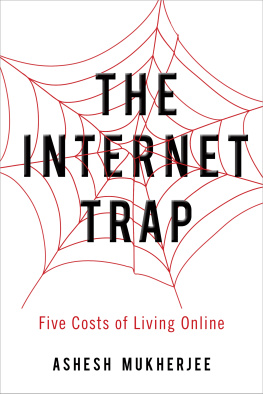

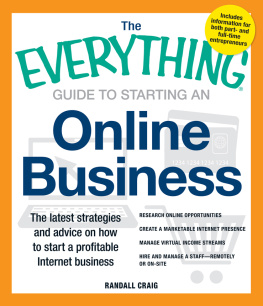
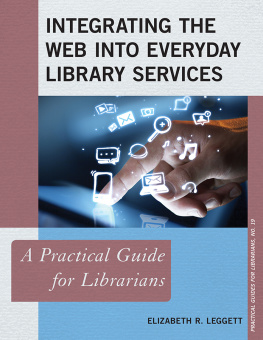


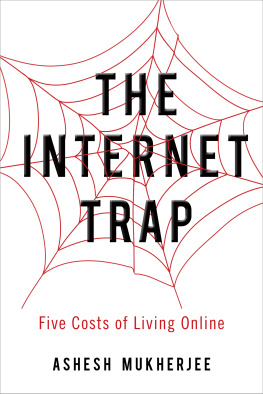
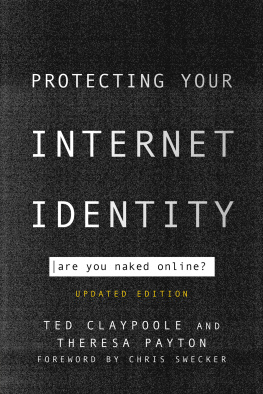

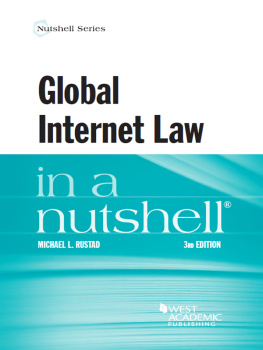
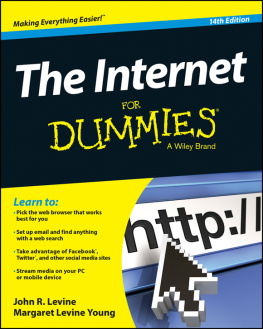
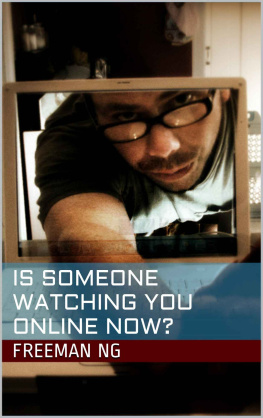

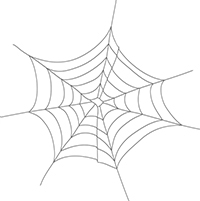
 Printed on acid-free, 100% post-consumer recycled paper with vegetable-based inks.
Printed on acid-free, 100% post-consumer recycled paper with vegetable-based inks.